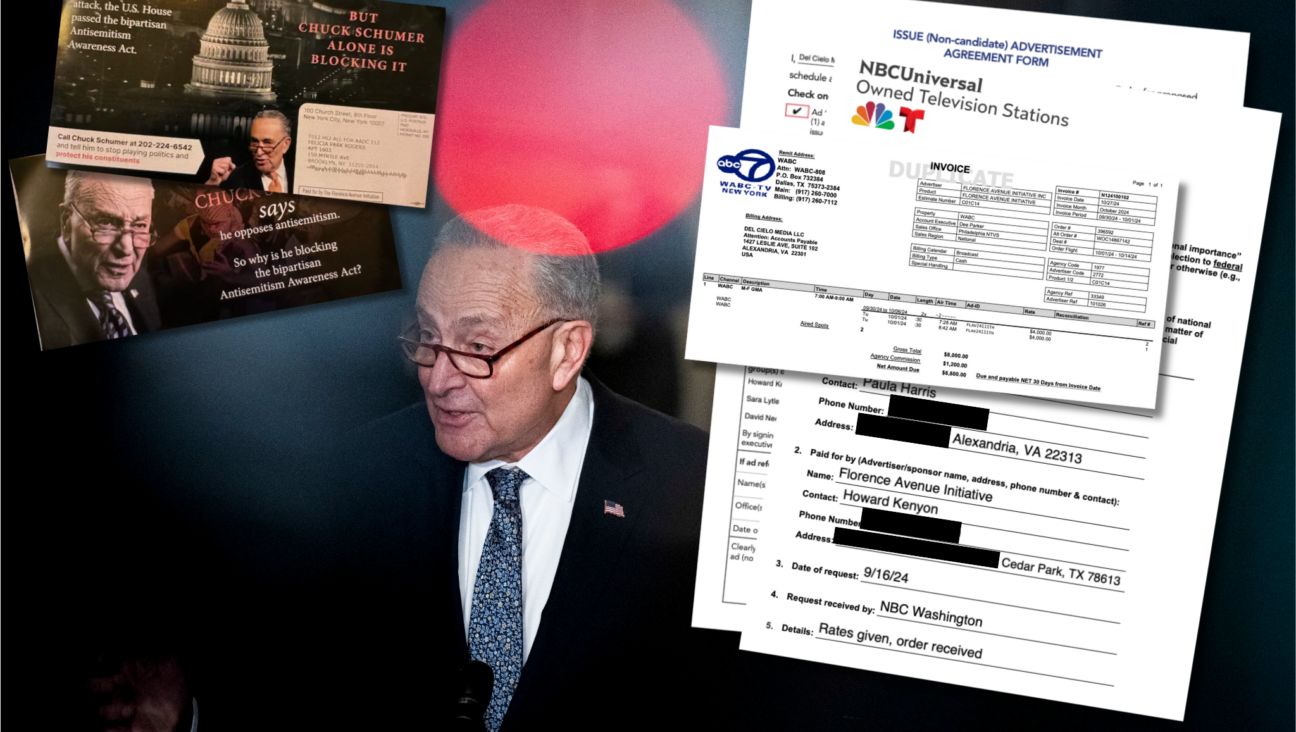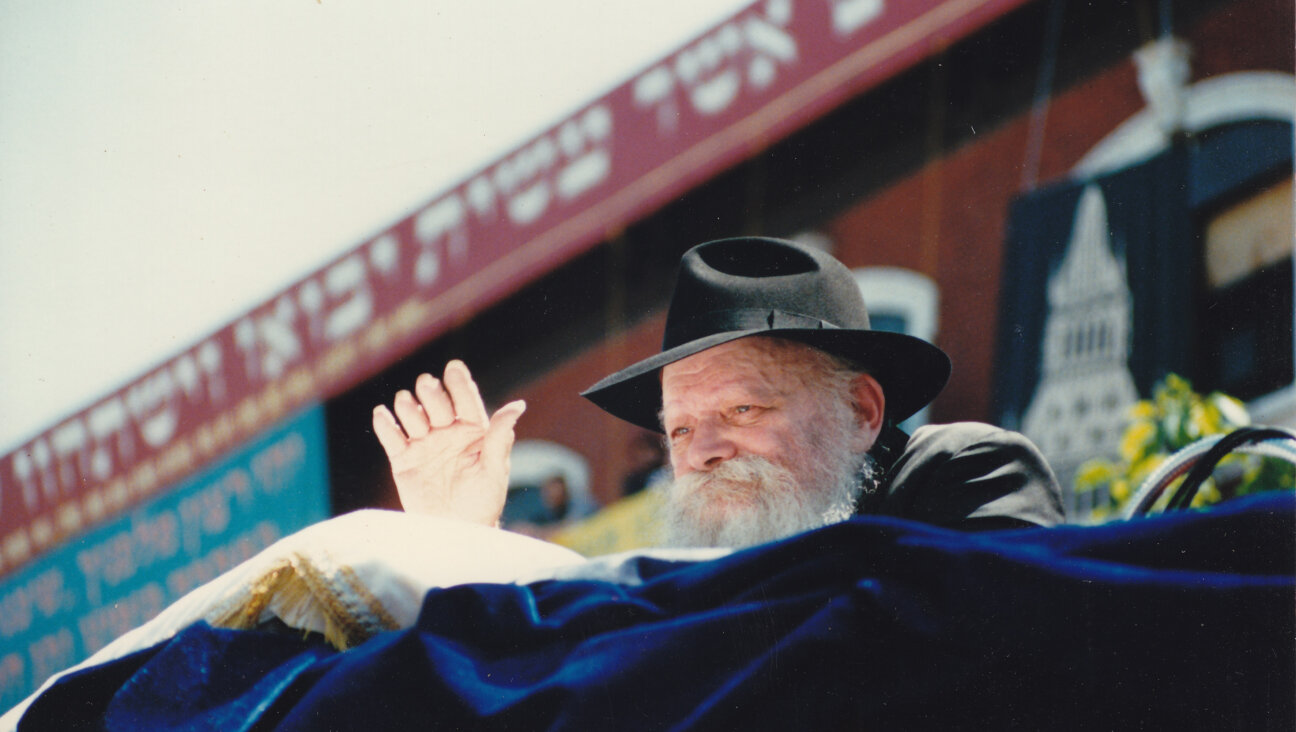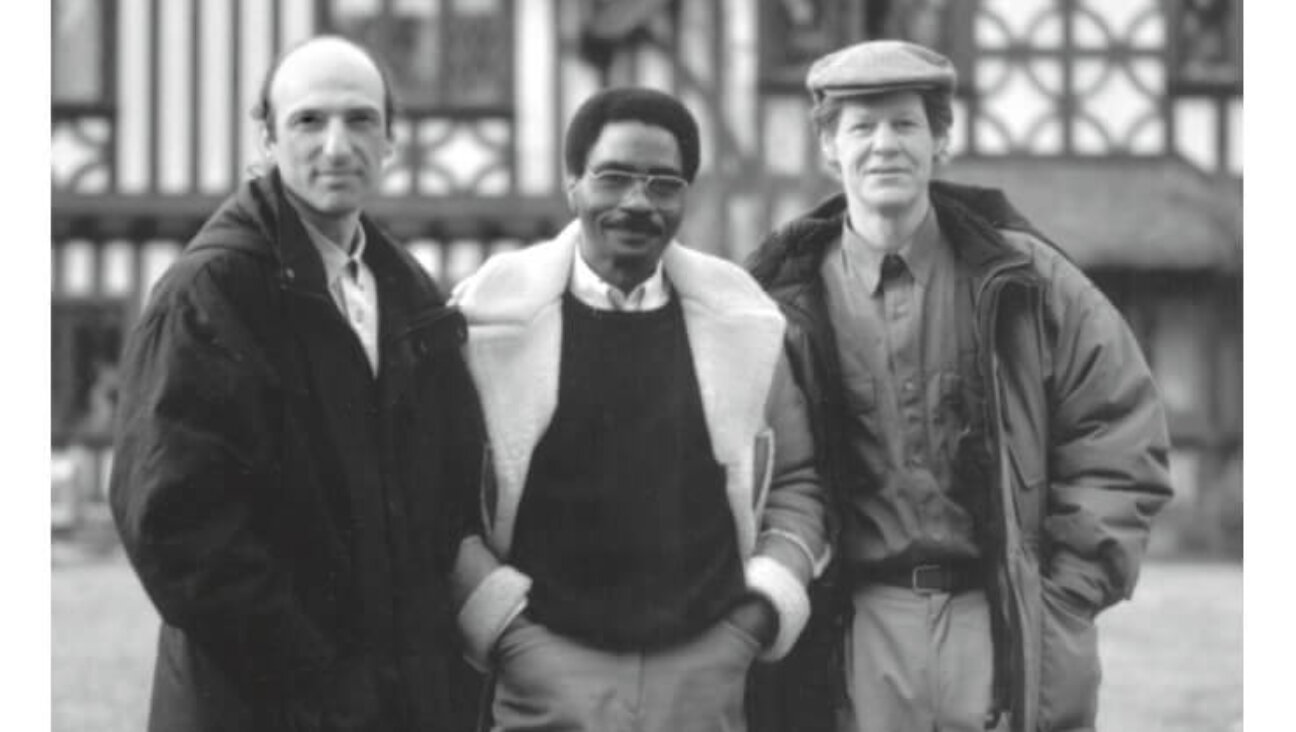As Israel’s Labor Party Declines, a Rival Emerges on the Left
Haifa, Israel — After 40 years as the voice of the left in Israel, the Labor Party appears to be losing its political heft, and many powerful politicians are now moving to form a replacement.
Labor and its predecessor, Mapai, have been major forces throughout Israel’s history, either governing or leading the opposition in almost every government. But the Labor Party’s influence has diminished in recent years, and polls suggest that in the February 2009 elections, it could lose almost half of its current 19 spots in the Knesset, taking just 10 or 11 of the chamber’s 120 seats.
Tzipi Livni is a major cause of its woes. The fact that the ruling Kadima party chose the dovish Livni as its leader has left many Labor supporters questioning why they should choose Labor over the somewhat similar Kadima.
For some, the answer is simple: They should not. About 30% of the people who voted for Labor in the 2006 election will vote for Kadima this time around, according to a recent Haaretz poll.
While some are not ready to write off Labor, others say that the dilemma points to the need for a new party that can offer left-wing voters something different. Big names from the left, many of them until now associated with Labor, met in Tel Aviv on November 14 to announce their plans. They resolved to start a party that will campaign on a dovish and social democratic platform and will refuse to go into coalition with the right-wing Likud party, which has generally opposed territorial concessions to the Palestinians.
“There is a vacuum,” said Tzali Reshef, a former Labor lawmaker and key figure in the new party, as yet unnamed. Reshef, a founder of Peace Now, said, “This is our chance to create a new party, essentially build a new Labor.”
Insiders in the new party told the Forward that while it will incorporate the left-wing Meretz party, which also has been on the decline, it will take more centrist positions in a bid to attract voters who have traditionally been put off by Meretz’s far-left reputation. They also said that the new party is likely to incorporate the dovish religious-Zionist party Meimad, which they hope will help it to shed the anti-religious stigma of the Meretz party.
The plan is attracting the backing of some of Israel’s most influential public figures. “I hope the expanded leftist movement will become a replacement for the Labor Party,” Amos Oz, Israel’s best-known author, told Haaretz after the meeting. “The Labor Party has finished its historic role, it isn’t putting forward a national agenda and it joins any coalition.”
The Labor Party was created in 1968 through a joining of Mapai with other smaller parties. In 1969 it took nearly half the seats in Knesset and, allied with two other left-wing parties, controlled an absolute majority of the seats. But from 1992 to 2003, Labor was in a steady downward spiral. In 2003, it hit an all-time low in the elections, winning just 19 seats, and returned with the same number in 2006.
Labor’s niche has become increasingly narrow in the past five years, and it has suffered from defections to the left and the right. In 2003, lawmakers Yossi Beilin and Yael Dayan moved left and joined Meretz. In 2006, lawmakers Haim Ramon and Dalia Itzik, together with former leader Shimon Peres — who is now Israel’s president — moved right and joined Kadima.
In recent weeks, Labor’s leader Ehud Barak — already an unpopular figure in the country — drew fire for giving guaranteed places on the party slate to his allies.
Now a new exodus has begun, and it is expected to be more humiliating than the last one. Ami Ayalon, who was nearly elected leader of the party last year, quit Labor on November 16, delivering scathing remarks as he did so.
Ayalon, who is still a Cabinet minister in a position negotiated by Labor, claimed at a press conference: “I have reached a situation in which I cannot even convince those closest to me to vote for the Labor Party. Labor has lost its way.”
He said at the press conference that he intended to join the new party, but negotiations have since stumbled. Even without Ayalon, though, the party has the support of some of the most renowned figures on the left, including former Labor Cabinet minister Uzi Baram; Gilad Sher, chief of staff and policy coordinator to Barak when the latter was prime minister, and former Labor lawmaker Avraham Burg, one-time speaker of the Knesset.
Reshef said that the impetus for the party comes, in part, out of widespread dissatisfaction among left-wingers with Barak’s perceived inconsistency, such as his legal backing of settlement building despite his declared opposition to it. Reshef said it is too early to outline what specific policies the party will adopt, but he confirmed that it will promote a strong social agenda and dovish platforms.
Labor spokesman Yoav Sivan downplayed the development. “The new party is pretty much Meretz dressed up a bit different and attracting the same electorate,” he told the Forward, adding that Labor is not fazed as it “welcomes any development that can enlarge the left.”
According to longtime Meretz member Naomi Chazan, a former lawmaker for the party and today a Hebrew University political scientist, Labor has lost its commitment to social causes, and the development reflects “an unusual opportunity to bring together the political left and the social democratic left in Israel.”
But pollster Camil Fuchs, the Tel Aviv University academic who has conducted recent Haaretz surveys, was more reserved in his predictions. He told the Forward that he expects the development to split the left-wing vote without yielding any real success to the new party. “I don’t expect much change. It could hurt Labor, but the Meretz camp will not really be strengthened by the new people.
“The people from Meimad are not really attractive, and figures like writers will be supporting from the outside and therefore not really help to attract voters.” He added that Meretz could lose some of its traditional voters.
Avraham Brichta, a Haifa University professor emeritus best known for his research on Israeli elections, said that the new party will not be able to shake the feeling in Israel that anything left of Labor is “the left wing for the intellectuals and not for the so-called masses.”
By contrast, he said that Labor could court large numbers of blue-collar workers in time for the election, boosting its popularity. This is possible because of growing links between Barak and leaders of the trade union movement.
“I think it’s too early to eulogize Labor,” Brichta said.
A message from our CEO & publisher Rachel Fishman Feddersen

I hope you appreciated this article. Before you go, I’d like to ask you to please support the Forward’s award-winning, nonprofit journalism during this critical time.
We’ve set a goal to raise $260,000 by December 31. That’s an ambitious goal, but one that will give us the resources we need to invest in the high quality news, opinion, analysis and cultural coverage that isn’t available anywhere else.
If you feel inspired to make an impact, now is the time to give something back. Join us as a member at your most generous level.
— Rachel Fishman Feddersen, Publisher and CEO






















